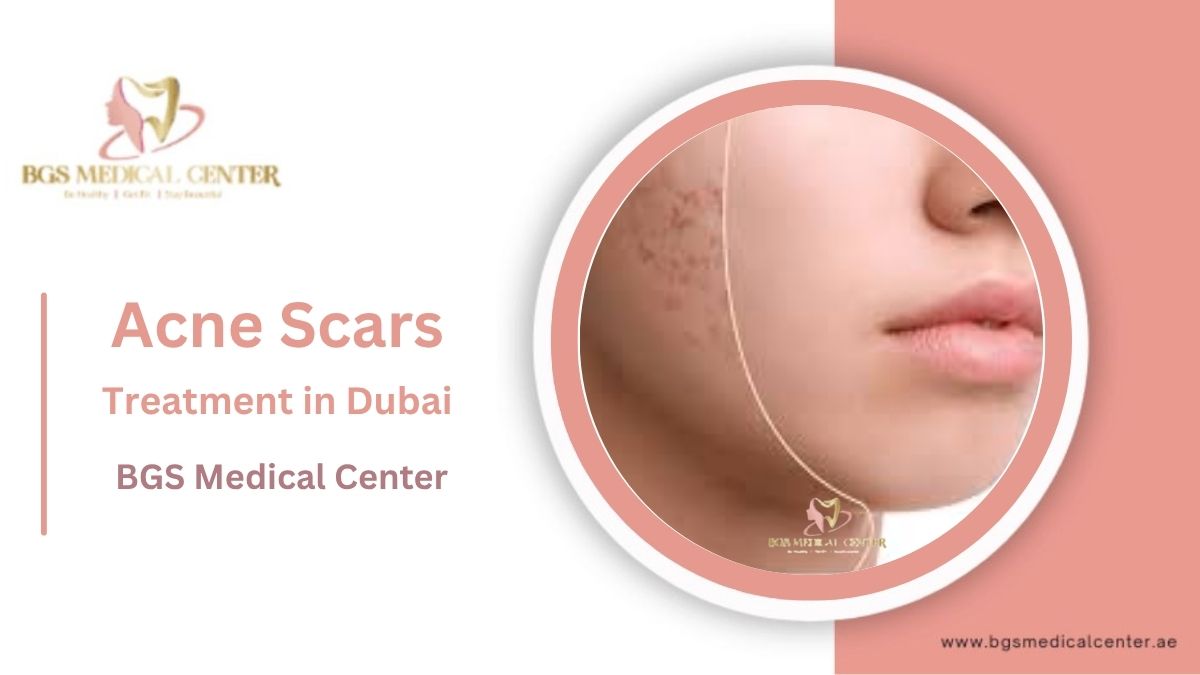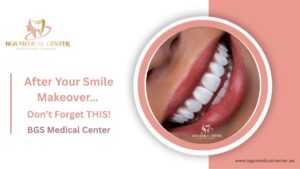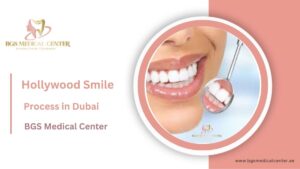If you’ve lived in Dubai long enough, you know acne isn’t just a teenage problem. The city’s heat, humidity, and daily mask use often leave adults with stubborn acne and visible scars that affect confidence.
The good news is that modern dermatology offers non-surgical, medically proven ways to repair acne scars safely, without downtime or discomfort.
In this guide, you’ll learn what causes acne scars, how lasers, microneedling, and PRP therapy help restore smoother skin, and when to treat active acne first for lasting results.
Why Do Acne Scars Form and How Are They Different From Active Acne?
Acne scars appear after breakouts heal, but leave behind uneven texture or dark marks. Unlike active acne, which involves inflammation and bacteria, scars are the result of collagen damage during skin healing.
Common types of acne scars:
- Rolling scars: broad and shallow
- Boxcar scars: deeper and well-defined
- Ice pick scars: narrow and deep
- Post-inflammatory pigmentation: leftover brown or red spots after acne clears
The Dermatologists at BGS Medical Clinic suggest treating active acne first before starting scar procedures. This helps the skin recover properly and respond better to future treatments. These approaches are explained in our dermatology laser treatments guide, which covers how different laser methods can safely improve skin texture and tone
How Do Dermatologists Diagnose Acne Scars in Dubai?
At your acne scars treatment, the dermatologist will:
1. Examine your skin texture and scar depth.
2. Checks for post-inflammatory pigmentation or redness.
3. Identifies the type of scars (atrophic, hypertrophic, or mixed).
4. Designs a treatment plan combining laser, microneedling, and PRP for balanced improvement.
Every treatment at BGS Medical Center is DHA-licensed, customized for your skin tone, and adapted to Dubai’s climate, where humidity and UV exposure can impact recovery.
How Does Laser Treatment Help Acne Scars in Dubai?
Laser resurfacing is one of the most advanced and effective ways to smooth acne scars. Dermatologists use fractional or hybrid lasers that deliver focused energy into the skin, encouraging new collagen production and a smoother texture.
Benefits of laser treatments:
- Reduces uneven texture and deep scars
- Improves skin tone and firmness
- Minimal downtime (1–3 days)
- Safe for all skin types when performed by DHA-certified experts
At BGS Medical Center, all systems used for scar repair are FDA- and DHA-approved. These advanced laser treatments are adjusted according to each patient’s skin sensitivity to ensure visible yet safe improvement.
How Does Microneedling Help Repair Acne Scars?
Microneedling is a non-laser, collagen-inducing treatment that uses fine needles to trigger the skin’s natural healing process.
Why it works:
- Stimulates collagen and elastin production
- Smooths rolling or shallow scars
- Enhances product absorption and hydration
Many dermatologists in Dubai combine microneedling RF (radiofrequency) with PRP for faster recovery and stronger results. Microneedling is ideal for patients who want gradual, natural improvement without heat or laser energy, especially those with sensitive skin or darker tones.
What Is PRP Therapy and How Does It Help Acne Scars?
PRP (Platelet-Rich Plasma) uses the patient’s own blood plasma to accelerate healing and skin regeneration. It’s a safe, biological approach to treating scars and boosting overall glow.
PRP for acne scars:
- Reduces inflammation
- Speeds up tissue repair
- Enhances collagen remodeling
- Improves tone and texture naturally
At BGS Medical Center, PRP therapy is often paired with microneedling or laser treatments for optimal results.
“Combining PRP with microneedling helps rebuild collagen naturally while keeping downtime minimal,” says Dr. Mohammed Hassan, Specialist Dermatologist at BGS Medical Center.
Which Acne Scar Treatment Is Best for You in Dubai?
Every skin is unique, so the “best” treatment depends on your scar type, skin tone, and healing response.
| Treatment | Best For | Sessions | Downtime |
|---|---|---|---|
| Laser Resurfacing | Deep scars, rough texture | 2–4 | 2–3 days |
| Microneedling (RF) | Shallow scars, uneven tone | 3–6 | 1–2 days |
| PRP Therapy | Mild scars, dull skin | 3–4 | None |
BGS Dermatologists often combine two or more of these methods for comprehensive results, balancing safety and visible improvement.
How to Prepare for Acne Scar Treatment in Dubai
To ensure your skin responds well to treatment:
- Avoid direct sunlight and tanning 1 week before your session.
- Stop using strong retinoids or acids 3–5 days prior.
- Stay hydrated and avoid makeup on the day of your procedure.
If you still have breakouts, dermatologists may recommend starting with active acne treatment first. This helps calm the skin and prepares it for safe, effective scar correction.
How to Maintain Results After Treatment
After scar treatment, your skin continues to rebuild collagen for several weeks.
To maintain results:
- Apply SPF 50+ every morning.
- Use gentle, dermatologist-recommended skincare.
- Avoid picking or exfoliating treated areas.
- Schedule maintenance sessions every 4–6 months if recommended.
Consistent aftercare helps prevent new breakouts and keeps your skin smooth and healthy.
When Should You See a Dermatologist for Acne Scars in Dubai?
You should book a consultation if:
- Acne scars have become deep or visible under bright light.
- Over-the-counter products haven’t improved texture.
- You’re unsure if scars are active acne or healed marks.
Your dermatologist can help decide whether it’s better to treat active acne first or begin addressing scars. A detailed evaluation during an acne scar consultation ensures that treatment starts at the right stage for your skin’s recovery.
FAQs:
Q. Are acne scar treatments safe in Dubai?
Yes, when performed by DHA-licensed dermatologists. At BGS Medical Center, all acne scar treatments use FDA- and DHA-approved systems that are safe for all skin tones.
Q. How many sessions will I need?
Most patients need 3–6 sessions, depending on scar type and severity. Your dermatologist will personalize your treatment plan.
Q. Which treatment works best for acne scars?
Laser therapy targets deep scars, while microneedling and PRP work best for surface-level texture. Many patients benefit from a combination plan for the best results.
Q. Is downtime required after treatment?
Only mild redness may occur for 1–2 days. Most patients resume daily activities right after treatment.
Q. Can acne scars come back?
Treated scars don’t return, but new acne can cause new marks. Controlling breakouts early helps prevent future scarring.
Q. Is it safe for darker skin tones?
Yes. Dubai dermatologists use customized laser and microneedling settings to ensure safe, effective treatment for all skin tones.
Q. Does acne scar treatment help with post-inflammatory pigmentation?
Yes, many patients see improvement in pigmentation after microneedling or laser sessions. Read more about post-inflammatory pigmentation in our related article.a
Conclusion
Acne scars treatment in Dubai has evolved with advanced medical technology. Today, dermatologists use precise combinations of laser resurfacing, microneedling RF, and PRP therapy to rebuild skin naturally.
BGS Medical Center procedures are DHA-supervised, clinically proven, and customized to your skin’s needs.
For tailored advice, book acne scar consultation, or visit our advanced laser treatments BGS page for more details.
Disclaimer
This article is for educational purposes only. It does not replace medical advice. All treatments must be performed by DHA-licensed dermatologists. For diagnosis and personalized care, contact BGS Medical Center, Dubai.





